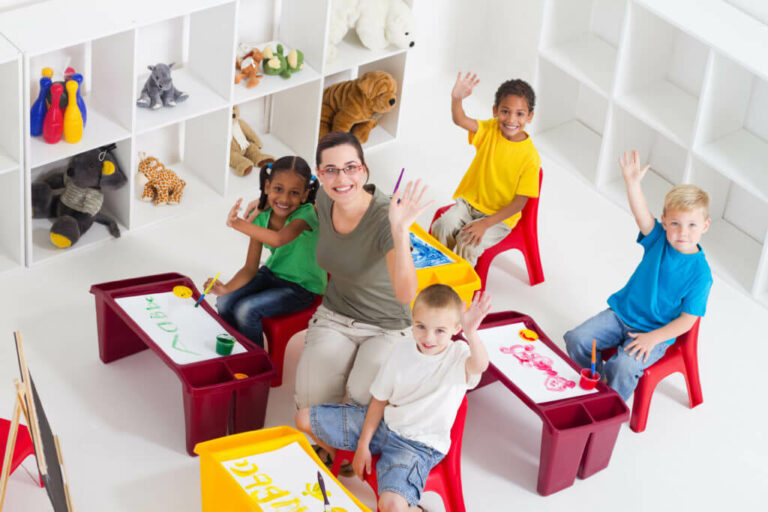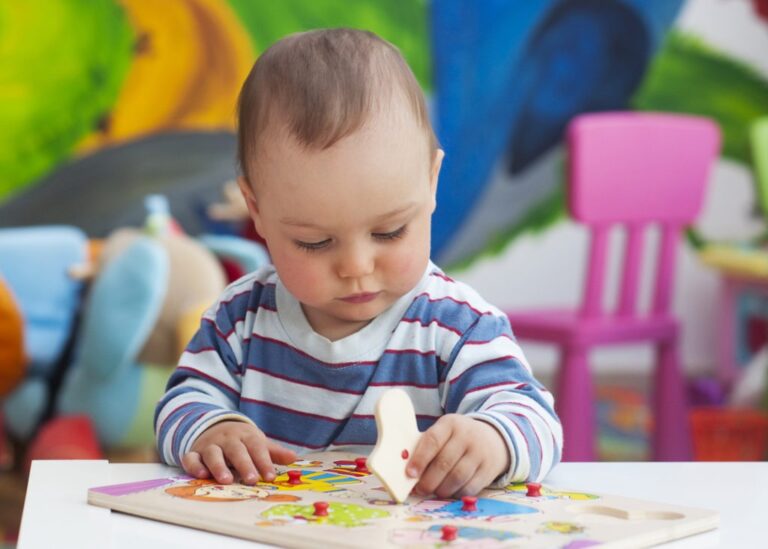Pre-k is a crucial time for the development of young children. Kids learn a lot during this time, and as a parent, you might be wondering what your kids are learning at school! That’s a fair question. We’re here to tell you about what your child should learn in pre-k. It’s a variety of things, from life skills to typical schoolwork, so let’s jump into it.
Letters and Sounds
Letters and sounds are very common things for preschoolers to begin learning at school. Specifically, children learn to recognize all 26 letters in uppercase and lowercase form. They’ll also be able to identify their own first name and last name as well as small words like mom and dad. They might also begin to learn what sounds go with which letters.
Numbers and Counting
Along with letters, children also start to learn and recognize numbers and how to count. Kids will start with numbers 1 through 9 and learn how to say the numbers correctly. Learning numbers is a memorization skill, so kids will practice them many times in different ways, such as counting objects. As they progress, students will begin to learn that objects and counting correspond.
Fine Motor Skills
Fine motor skills are important for children to learn because they’re involved in many aspects of life. In pre-k, they’ll figure out how to develop these fine motor skills and get the hang of it. Developing these skills can mean doing something like picking up things with tweezers or cutting objects with scissors that are safe for young children.
Social Skills
Another set of skills that young kids will learn in pre-k is their social skills. As kids are exposed to other children their age, play with them, and spend time with them, they’ll learn how to be considerate of other people, share, and figure out conflict resolution. You can help enhance their learning by practicing these things at home too and spending time with other children outside of the home and school.
Listening
When children spend time at home, they might be less prone to listen very well. In a classroom setting, there’s more demand to listen because there are other children they need to be considerate of as well as the educators that might be presenting to them. In the classroom, kids will enhance their listening skills, which they can practice at home too.
If you’d like more information on what kind of things young children learn in pre-k or are interested in a pre-k program at Heritage Learning Center, contact us today. We’d love to help you out and talk to you about the award-winning programs we offer.




